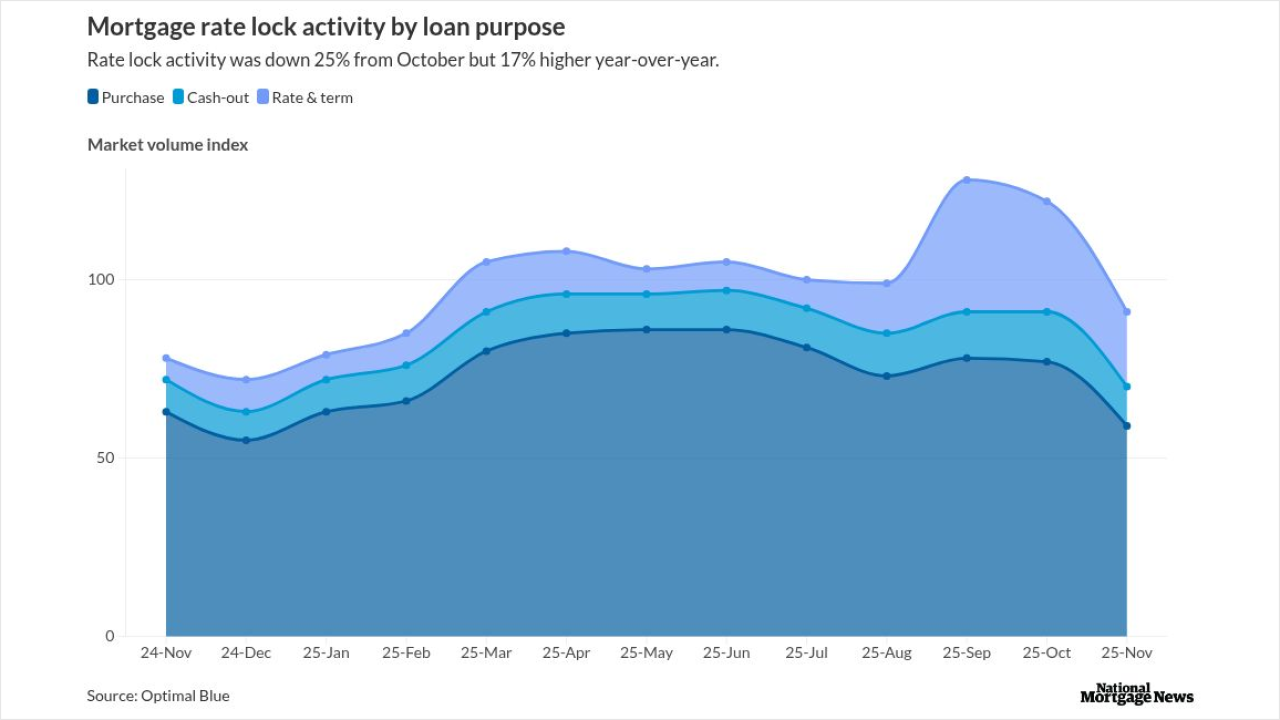MIAMI - At last week's sixth annual Securitization in Latin America Summit held by Euromoney and Latin Finance, a much-discussed theme was the rising participation of foreign investors in the Mexican market. In this, and other countries in the region, arrangers and originators are approaching local currency deals with an eye to appeasing the tastes of both locals and foreigners.
"Deals will be increasingly structured so they can be sold simultaneously to local and cross-border investors," said Dan Vallimarescu, managing director at Santander Investment.
For instance, tranching is being done with both audiences in mind, according to Luis de la Pena, a director of structured finance at BBVA Bancomer. While foreign investors buy into deals that fall under single-A on the national scale, locals much prefer the triple-A product. "The foreign investors like the subordinated tranches for the yield," de la Pena said. "What we need to do is build structures so the local investors can go for the triple-A, and foreign investors for the single-A." That split creates the right "price tension" for the originator, he said.
The appetite for mezzanine risk is reflected by the approach of structured finance global investors like Christofferson Robb & Co. With offices in New York and London, the company began looking into Latin America about two and a half years ago and closed its first domestic Mexican trades last year, said company CFO Luis Arce. The asset classes that Christofferson has snapped up in Mexico include mortgages, construction loans and transactions for land acquisition financing. The company prefers the mezzanine or subordinated piece of tranched deals. "We don't want to compete with the local investors, the pension funds." Arce said. "There are enough of them in the market absorbing" the highest rated pieces. He added that, essentially, Christofferson is providing liquidity to a chunk that otherwise wouldn't have it, and charging a premium for that.
While the single-A tranches of local real estate asset deals in Mexico garner spreads of about 250 basis points over local treasuries, the triple-A pieces are pricing at about 90 basis points over. For some investors that's too dear.
Fernando Paez, associate director of MetLife Investments Latin America, said that a spread of 100 to 120 basis points is where Mexico's RMBS should price. As gauged by the pricing on wrapped RMBS - which have stripped out the credit risk - Mexican investors extract a 40 to 50 basis point spread for cash flow variability, Paez said. Meanwhile, triple-A corporate paper prices at 60 to 70 basis points over treasuries, meaning that credit risk in that rating category more or less stands at that spread level. In the triple-A piece of an unwrapped Mexican RMBS, "I should be getting compensation for the variability of the cash flow and for the credit risk, so when I put these two together...I should be getting somewhere between 100 to 120 basis points of spread," Paez said. While acknowledging that this analysis was a bit simplistic, he was confident in its conclusion: "The sofol [nonbank] and infonavit [a government agency] transactions seem a little pricey."
RMBS originated by banks, which are just getting started in Mexico, look even more expensive, he added. Spreads for these of around 70 basis points aren't justified given that the risk is the same as transactions from sofols and infonavit.
So far, Banco Mercantil del Norte (Banorte) and HSBC Mexico are the only banks in the country that have originated RMBS. BBVA Bancomer is expected to start securitizing its portfolio by the end of the year, and others should follow suit, sources said.
Scattered pricing in Brazil
In Brazil, the spread compression has not been as pronounced - and the local treasuries are much yieldier to begin with - but there are other issues that face local investors. One brought up at the summit was the variability of pricing, caused in part by a lack of information about asset classes. In domestic structured deals, "I'm not sure you have such clear pricing points," said Nicholas Reade of Vision Brazil Structured Finance.
The kind of price guidance that foreign investors can provide in the equity market would be hard to replicate in the local structured market, he added. As most foreign investors have bought local structured paper via offshore vehicles, they are subject to a withholding tax that doesn't affect locals. This skews the pricing.
(c) 2007 Asset Securitization Report and SourceMedia, Inc. All Rights Reserved.
http://www.asreport.com http://www.sourcemedia.com




